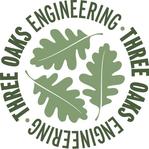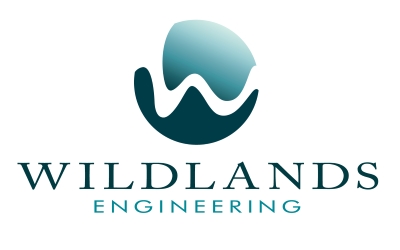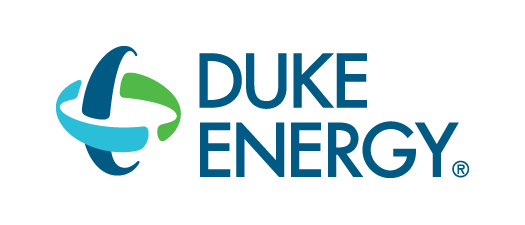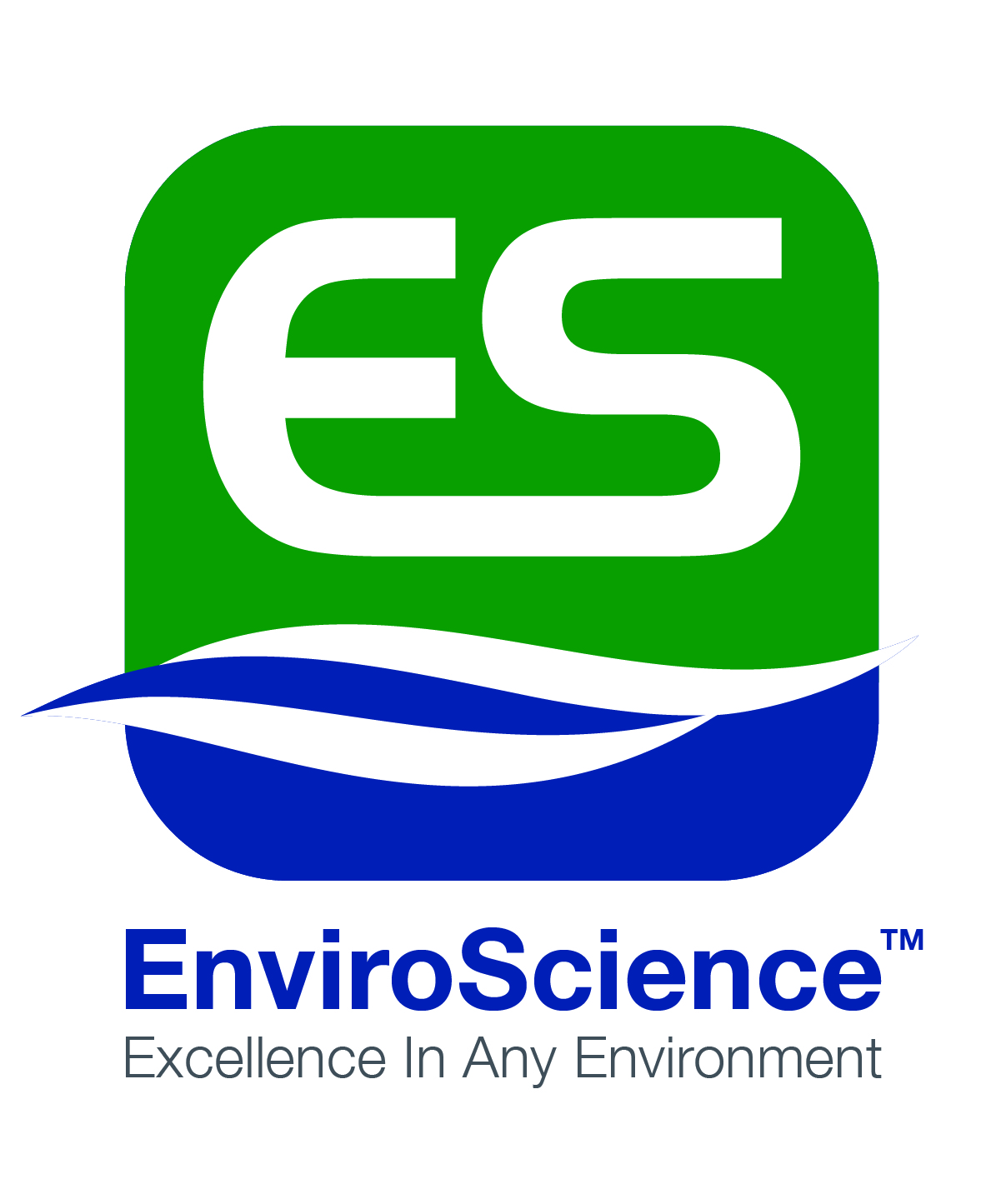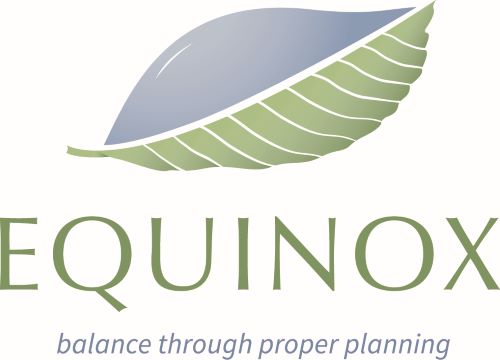2024 Meeting of the NC Chapter of the American Fisheries Society
Clarion Pointe Inn
Sylva, NC – February 27-29, 2024

Join us at the 2024 Meeting of the NC Chapter of the AFS in February. Our host will be the Clarion Pointe Inn, located at 2807 US 74, Sylva, NC 28779. If you have questions about the meeting or would like to be involved in the planning of the meeting, please contact Luke Etchison ([email protected]), NCAFS President-Elect.
Quick Content Links
Schedule And Program
Tuesday, February 27
9 – 12 AM: Continuing Education Workshop
2 – 6 PM: Plenary, Student, and Other Presentations
6:30 – 10 PM: Social at Innovation Station, Dillsboro, NC
Wednesday February 28
8 AM – 4:05 PM: Contributed Papers
4:25 – 6 PM: Business Meeting
6:30 – 10:30 PM: Poster Session, Evening Banquet, Best Paper Awards, Jerry R. Finke & Fred A. Harris Service Awards, and universities’ student fisheries raffle
Thursday February 29
8:30 – 9 AM: Meet & Greet
9 AM – 1 PM: NC Mollusk Work Group
Click here to view & download the meeting program.
2024 Business Meeting Minutes
Review the Chapter business meeting minutes here. Thanks to Secretary-Treasurer Casey Joubert for compiling!
COVID Safety Protocols
Our safety guidelines for the meeting are provided below:
- Attendees are encouraged to be vaccinated prior to attending the meeting.
- Attendees are also encouraged to use at home tests, especially if experiencing flu or covid-like symptoms, to confirm a negative result prior to attending.
- If you have been exposed to someone who tested positive for Covid prior to the meeting, please follow CDC guidelines.
- If you are feeling ill or have flu/Covid-like symptoms, we encourage you to stay home.
- Masks are not mandatory; each participant should use their own judgement as to mask or not mask.
Abstracts
Abstracts accepted for oral, lightning, & poster presentations. Topics addressing any aspect of fisheries and related aquatic sciences are welcomed, including, but not limited to, management, research, conservation, outreach and education. Presentations will be limited to 15 minutes (including a question & answer period).
Lightning Talks
6 minute talks, 1 minute question/answer for each (PowerPoint optional), for students and professionals to present new projects or programs, results from ongoing work, emerging issues, and other research or management briefs.
Poster Presentations
Posters should contain succinct headings that organize & logically display the information. Graphics should be explicit & brief. Elaboration is best done verbally, just as if it were an oral presentation using slides. A short & legible “Introduction” and a “Summary of Conclusions” are essential. The poster display should focus on (1) Hypothesis/Objective, (2) Methods, and (3) Results/Outcomes. Click to view/download detailed poster guidelines.
Submission deadline for all sessions: February 8, 2024.
How to submit an abstract:
- Complete the attached abstract submission form (click here to download).
- Attach the abstract submission form to an email with the subject line “NCAFS Meeting 2024 Abstract”.
- Email the form to both NC Program Committee Members Bryn Tracy at [email protected] and Luke Etchison at [email protected].
All abstracts are limited to 300 words and should include clearly stated objectives, brief methods, general results, and the basic conclusion. Abstract title should appear in bold, followed by the author name(s), and affiliation(s). Please include contact information with email and phone number. If the presenter is a student, please note this on the submission. Abstracts must be submitted using the official form (example included). Please list several keywords at the end for future search capability.
Judges will be scoring all presentations for awards in both the professional and student categories.
Continuing Education Workshop
Title: Getting Hired: How to Set Yourself Up for a Productive Career in Fisheries and Aquatics
Instructors: Multiple
Workshop Fee: $0
Capacity: 50
The 2024 NCAFS workshop will serve students and young professionals. Attendees will learn about the job opportunities and various work groups within North Carolina. We will go over the details of what various sectors are looking for in young hires and how to target your CV or resume for different agencies/organizations. Several fisheries professionals will be on hand to answer questions and give advice to students. Successful attendees will gain the information needed to successfully apply for jobs with any North Carolina’s fisheries/aquatic organizations, public or private. The format will include presentations from current professionals in both public and private sectors, panel Q/A discussions, and opportunities for one-on-one help.
Registration
Early registration is $75 for members, $95 for non-members, and $50 for students or retirees. Workshop registration is FREE for all participants.
- You may join or renew your NCAFS membership as part of registration. Or, if you would like to pay your dues separately, visit our online membership form here. Both allow either electronic or mail-in submission & payment.
- Deadline for early registration fees ended Feb 1, 2024. A late fee of $10 has been added to all registration costs on the payment page after this date.
Click here to begin registration or view form
Lodging and Reservations
Please reserve your room before Friday, January 26, 2024 to receive the room block rate of $89.10 a night. You may reserve your room by clicking this room block link below. If the link is not working, call the hotel directly at (828) 586-3315 and request a reservation through the “NCAFS Conference”.
NCAFS Conference Room Booking Link
Undergraduate Student Awards
Apply for a $300 travel award to attend the NCAFS Annual Meeting by January 15, 2024.
Sponsors
Presentation Scoring Criteria
Presenters: To assist you in putting together an award-winning presentation, below are the judging criteria for both professional and student papers. You may also download a .pdf version of the scoresheet.
In a 5-point category, judges award 3 points for average quality (even though average quality may be very good), 4 for above average, and 5 for outstanding.
A. Individual Components (5 points for each)
- Title – Does it accurately describe the subject?
- Introduction – Does it provide adequate background, a historical context, and justification for the study? Were the objectives and purpose clearly stated?
- Methods or Approach – Are they described with sufficient detail?
B. Content
- Structure and Organization (15 points) – Is there logical development and integration of the presentation? Is the presentation comprehensible by members of the audience not engaged in that particular specialty?
- Originality (10 points) – How valuable is the presentation in communicating and presenting unique or innovative methods, concepts, or interpretations? How relevant and significant is it to fisheries science?
- Analytical Merit (10 points) – Are the analytical methods and study design or approach adequate and appropriate?
- Technical Merit (10 points) – Are interpretations consistent with the results or evidence presented? Are limitations identified and evaluated?
C. Physical Presentation
- Delivery (15 points) – Does the presenter employ good voice quality, enthusiasm, grammar, eye contact, posture and body language, pronunciation, and articulation?
- Visual Aids (15 points) – Are the visual aids large enough, simple, understandable, relevant, and attractive?
- Timing (5 points) – Does the presenter complete the talk within the allotted time, and leave time for questions?
D. Other Considerations (5 points)
- Use this category to reward unique or attractive features which do not fit exactly into other criteria (e.g., judicious and effective use of humor). It should be considered an extra and should not be awarded automatically.
E. Comments
- Provide a brief evaluation of your impressions of each presentation. Comments will be used to break ties.

